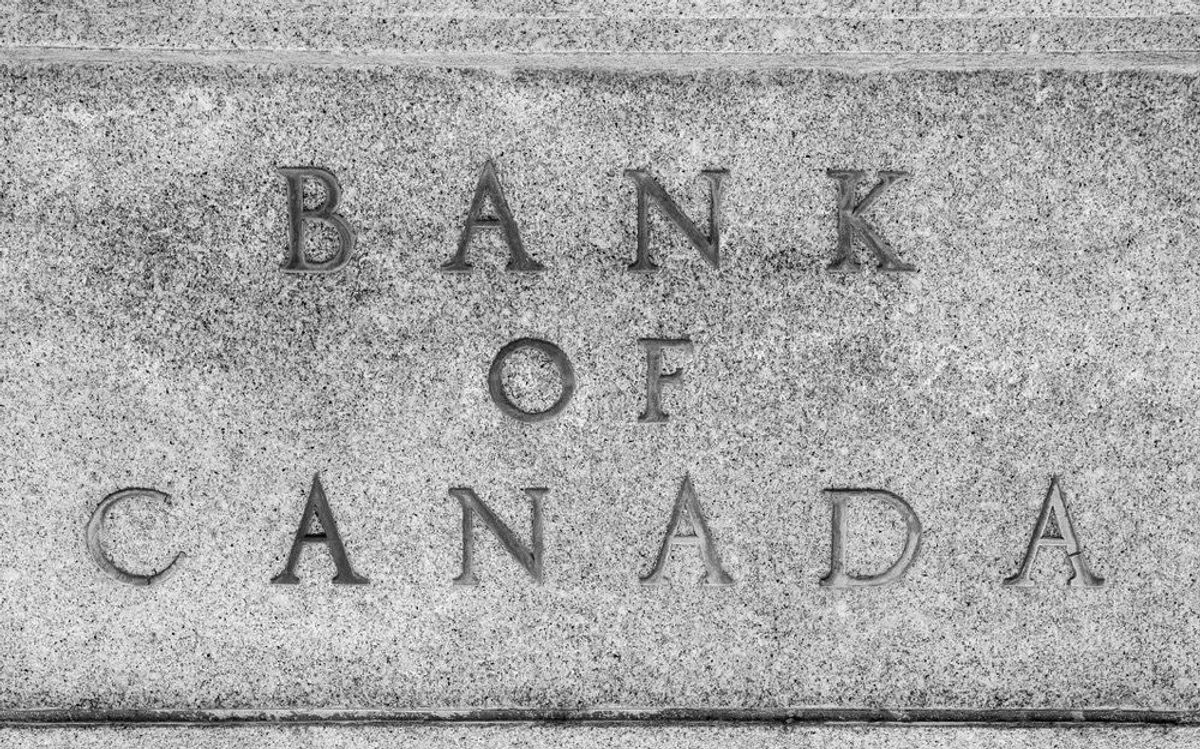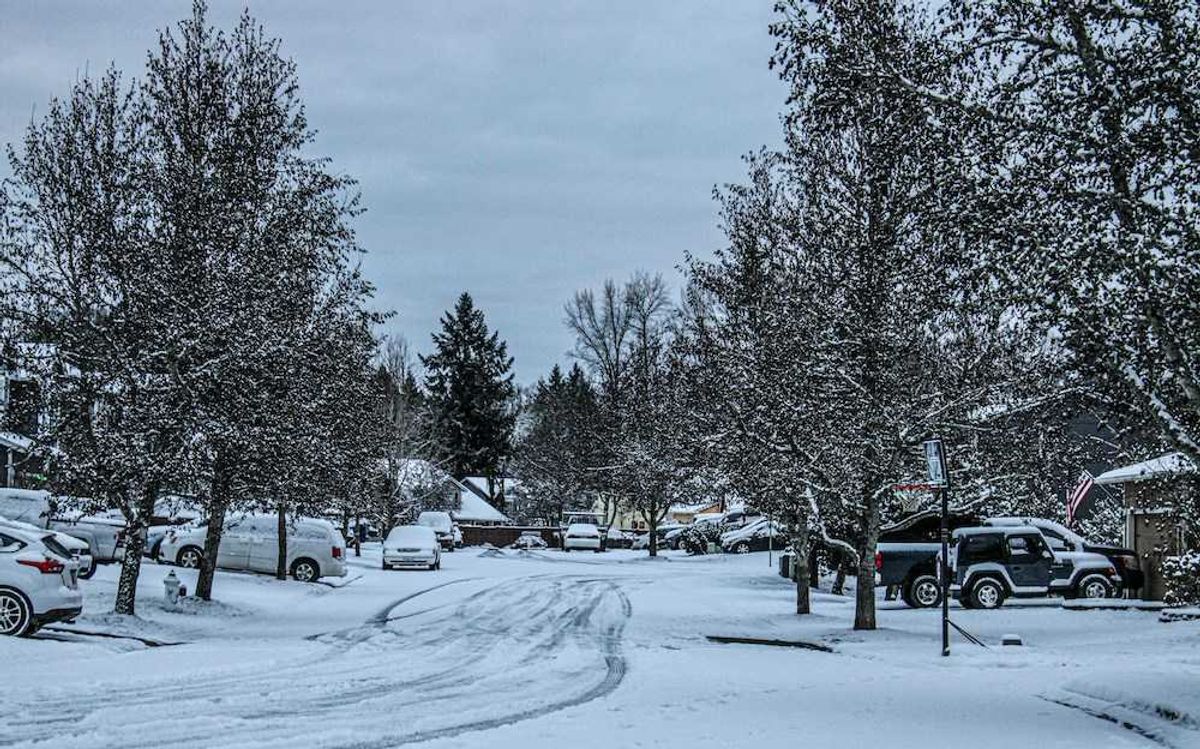In June, Torontonians will head to the polls again to choose the person who will be mayor for the next three-and-a-half years. At a time when housing supply and affordability are among the most urgent issues facing the city, voters must pay close attention to candidates’ housing platforms and consider whether their policies will truly help address the city’s housing crisis.
Experts, the industry and governments agree that the housing challenges in the city, the Greater Toronto Area, and in all of Ontario, are firmly rooted in a shortage of new housing and the length of time it takes to build new homes. The provincial government has committed to enabling the construction of 1.5M homes over the next decade to increase housing supply and choice for residents, improve affordability and bring balance to the market. To contribute its share toward achieving this goal, the City of Toronto needs to build 285,000 new homes of all types by 2031, a 160% annual increase in housing starts from the previous decade.
Achieving this goal will require a mayor who maintains a clear focus on housing and takes decisive action in several key areas. The first is speeding up building approvals and cutting red tape. In a 2022 benchmarking study of major Canadian municipalities, Toronto ranked last in approval timeframes, averaging 32 months on common types of new housing, four and a half times longer than the maximum allowed under the Planning Act. Lengthy approval times like these slow down the addition of needed housing supply and add costs. In its Housing Action Plan, the City has committed to making improvements, and any future mayor must support and accelerate this commitment.
The new mayor will also need to support smarter, more efficient land use, as both supply and affordability of new homes depend on the availability of land. In a city like Toronto, with fixed municipal boundaries, we need to use the land we have more efficiently. This means allowing zoning that enables greater residential density within neighborhoods and along major streets. Under the Housing Action Plan, the city is studying the possibility of permitting up to four housing units per lot in existing neighbourhoods. The next mayor must support this type of efficient land use.
Lastly, the City must accelerate the development of infrastructure, community services and social services to match the acceleration of housing development. It must also recognize that the burden of paying for critical hard and soft infrastructure has to be shared, which means that a new, holistic funding model needs to be developed with all three levels of government. Any prospective mayor must champion and help lead the development of this model.
Last month, Statistics Canada announced that Canada’s population grew by a million people in 2022. The federal government has committed to welcoming 500,000 new immigrants annually. These are clear indicators that housing demand will remain robust. We encourage all voters to learn more about Toronto’s challenges with housing supply and affordability and support candidates who support housing.





















